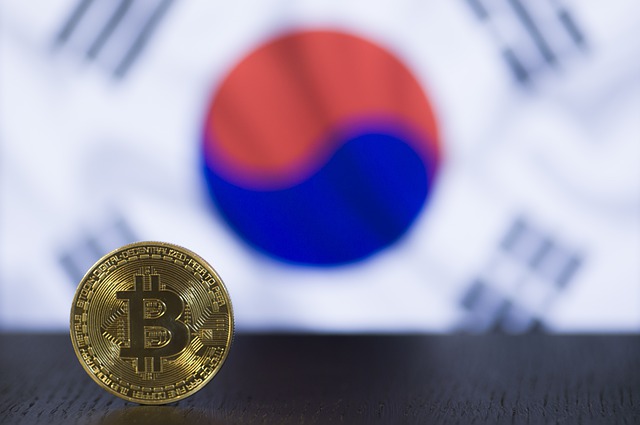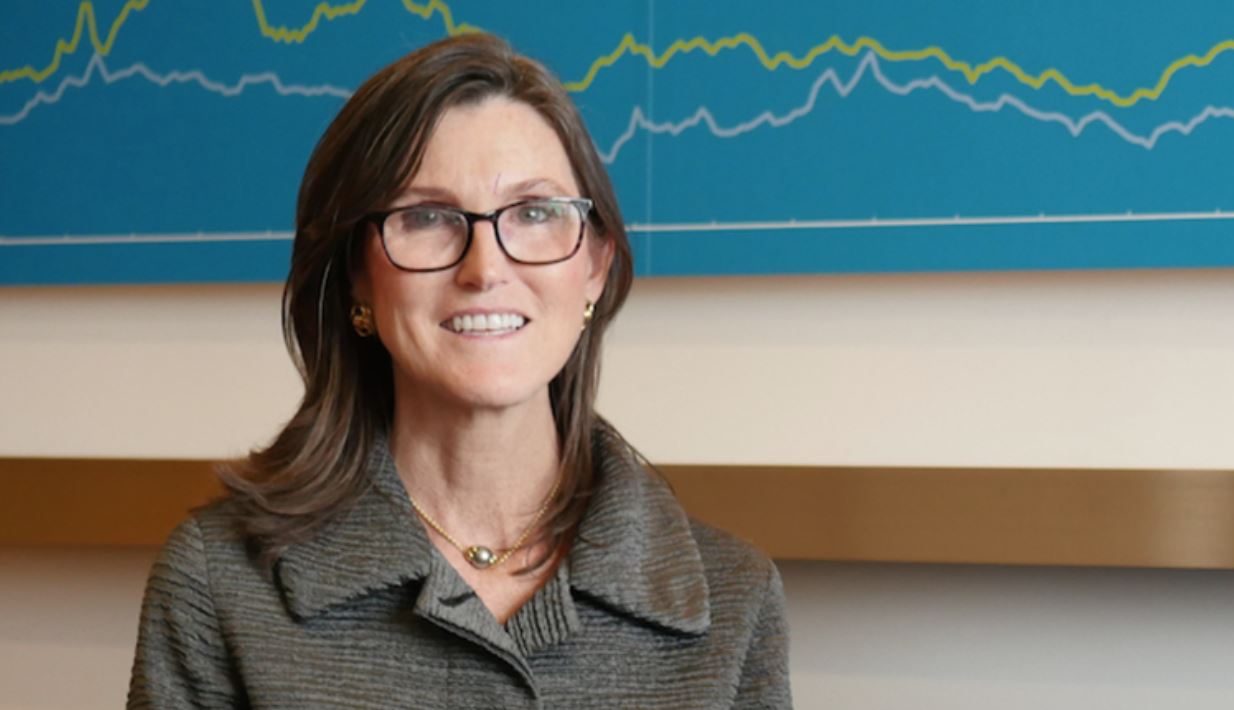The South Korean government has introduced a new rule for the country’s crypto industry. Virtual asset services providers (VASPs), as well as their staff, are now prohibited from trading tokens they issue.
South Korea’s Financial Services Commission (FSC) issued a statement announcing the introduction of the conflict of interest rule for virtual asset service providers. The rule, which was made through a revision to the Enforcement Decree of the Act on Reporting and Using Specified Financial Transaction Information, was approved at a cabinet meeting held on September 28.
“The conflict of interest rule prohibits VASPs from trading virtual assets issued by their own platforms or by other especially related entities and restricts operators and staff members of VASPs from trading virtual assets via their own platforms,” the FSC said. “The measures are intended to prevent damages to users and improve transparency in virtual asset transactions.”
Crypto firms are required to set up their own internal processes to monitor potential breaches of the conflict of interest rule within one month. VASPs that fail to do so might face penalties of up to KRW 100 million (US$85,000) or suspension of their businesses.
South Korean crypto exchanges are required to register with the FSC to legitimize their operations in the country. However, only 29 of the 66 platforms met the September 24 registration deadline, the FSC said on September 26.
Of the 29 crypto exchanges, only four have secure partnerships with local banks to open real-name accounts, a requirement for exchanges to be able to offer crypto to Korean-won trading services. These are Bithumb, Coinone, Korbit, and Upbit, the four largest exchanges in the country also known as the Big Four.
Three exchanges, Gopax, Gdac, and Huobi Korean, tried to enter reach out to local banks to establish real-name account partnerships but were not able to finalize the deal. As a result, they will halt their crypto to won trading services along with the rest of the exchanges that were not able to secure such partnership.
“It is meaningful that many unqualified exchanges are sorted out during the registration process,” a crypto exchange official commented. “But it is also true that real-name accounts became an entry barrier, even for blockchain startups that have great potential.”

























Comment 11